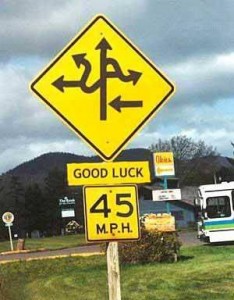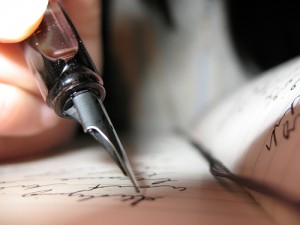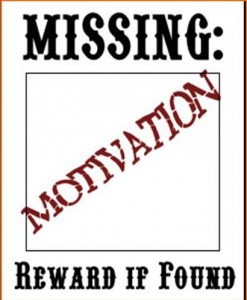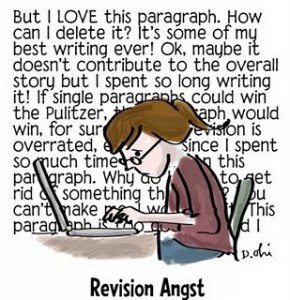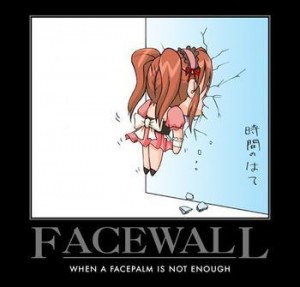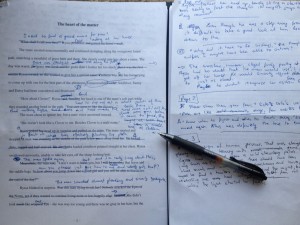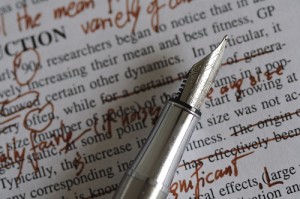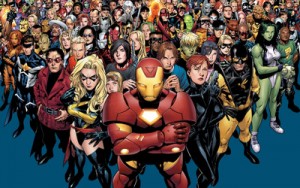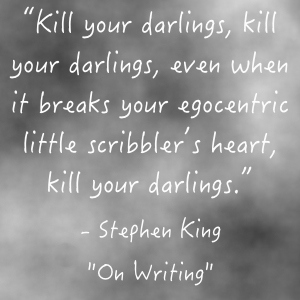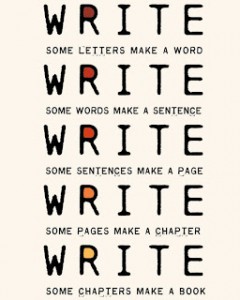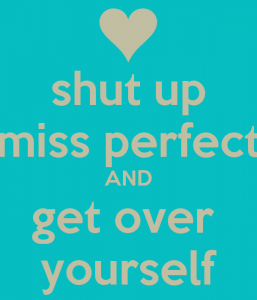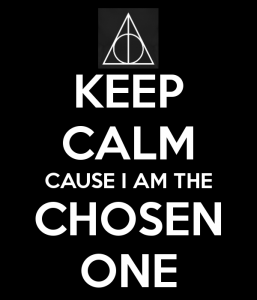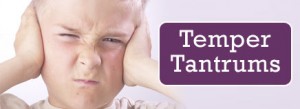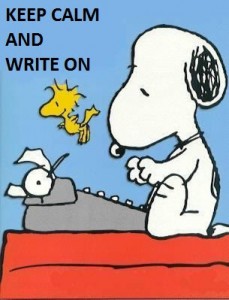
After I wrote this post about the importance of worldbuilding, I received several comments on Facebook asking for more examples of my process. Since I’m outlining Shadow Hunters, a story that I will be writing during NaNoWriMo 2015, I have a very fresh worldbuilding example to share, so why not write a post about it, huh?
Usually, all my stories start with a scene that just pops into my head in its entirety, like it’s been cut out of a movie. In the case of Shadow Hunters, it all started with the following scene:
A cable car cabin is slowly making its way above a vast forest. There are two people in it. A man and a woman, both in their late teens / early twenties. They sit on opposite sides of the cabin, as far away from each other as possible. They sit in tense silence, throwing wary glances at each other from time to time. There is definitely history between the two.
All of a sudden, the cabin lurches into a stop. Three things happen almost simultaneously. The girl draws her twin long knives and launches at the boy. The cable snaps. The cabin plunges towards the forest floor.
That’s it. That’s all I had to work with. One scene does not a story make, so it’s my job as a writer to discover the story this scene belongs to. And the only way to do that is to start asking questions.
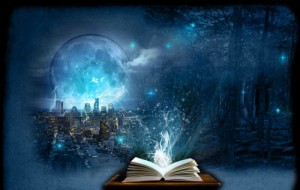
The first question that came to my mind, surprisingly, wasn’t “Who are these people?” but “did they survive the fall?” The answer was – yes.
Which brought forth another question – how? Because the girl is a Shadow Hunter. But who or what are the Shadow Hunters? That simple question turned out to be the most crucial one, because to answer it fully, I had to build this whole new world and set up the rules.
Only after I did that could I go back to the scene and ask all the other questions like did those two know each other? What were they doing in that cable car alone? Did she really try to kill him? All those questions deal with the actual story, but in order to tell that story, I need to know the world these characters live in.
So what are the Shadow Hunters? They are a special caste of people who act as intermediaries and mediators between humans and spirits. They are the only ones allowed to travel through the wilderness freely as well as to guide humans along specially designated routes.
This answer raises a multitude of other questions. Humans and spirits? Wilderness? Castes? The answer to each of those questions will show me a bit more about this new world and bring forth even more questions.
In order to answer the question about humans and spirits, I had to do an extensive research and spent four days binge reading everything I could find about Japanese, Chinese and Korean spirits and mystical monsters, as well as everything about Shinto, because this Japanese religion is the closest to what exists in the world of Shadow Hunters.
When I raked my brain about the significance of the wilderness, I learned that this world was divided into several human kingdoms that exist within fixed borders and are surrounded by spirit lands called the wilderness. They are connected by several unchanging routes, the cable-car road from the above-mentioned scene being one of them. For a human to venture into the wilderness uninvited or without a shadow hunter guide means certain and often painful death.
So why are the shadow hunters able to travel through the spirit lands freely? Because they go through a ritual that makes them more than human, but not quite spirit. They bridge that divide, with their feet in both worlds but belonging to neither.
Caste is another word that brought forth more questions. If there is one caste, does that mean there are others? Is this a rigidly divided society like we see in India or ancient China? Another dive into the currents of the Internet and an intensive read about those two countries gave me my caste structure which plays a significant part in the worldbuilding.
This also made me think about how people from different castes would recognize each other. That’s important. Their whole attitude and behavior towards each other depends upon knowing where you and the person you are talking to stands on the social ladder. They need a way to determine that quickly and with minimal room for errors. What better way to do that than to integrate the caste into their very names? So I spent a few more days devising a system where certain castes could only begin their names with certain letters, and how those names and surnames changes when they married into different families and (rarely) a different caste.
Of course, a lot more questions followed after that, and all of them helped me discover more about this brave new world, but I won’t mention them here because “Spoilers, dear,” as River Song from Doctor Who would say.
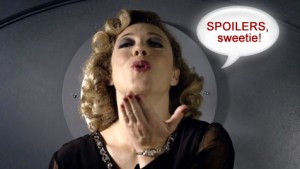
But as you can see, after asking myself some very simple questions and taking the time to explore the answers, I managed to go from one scene to a fully fleshed out world.
Now I could sit down and ask story related questions like who the hell are you people? What are you doing in that cable car to begin with? What’s the history between you two? But that could be the topic of a whole new blog post.
So here is a little insight into my worldbuilding process. How about yours? How do you discover your stories? How do you get to know your world and characters?

